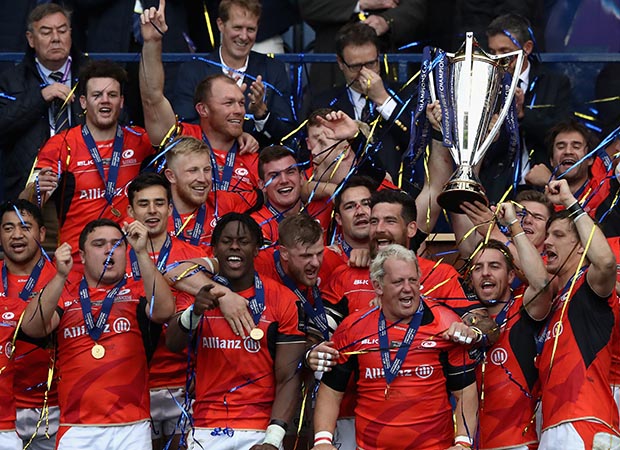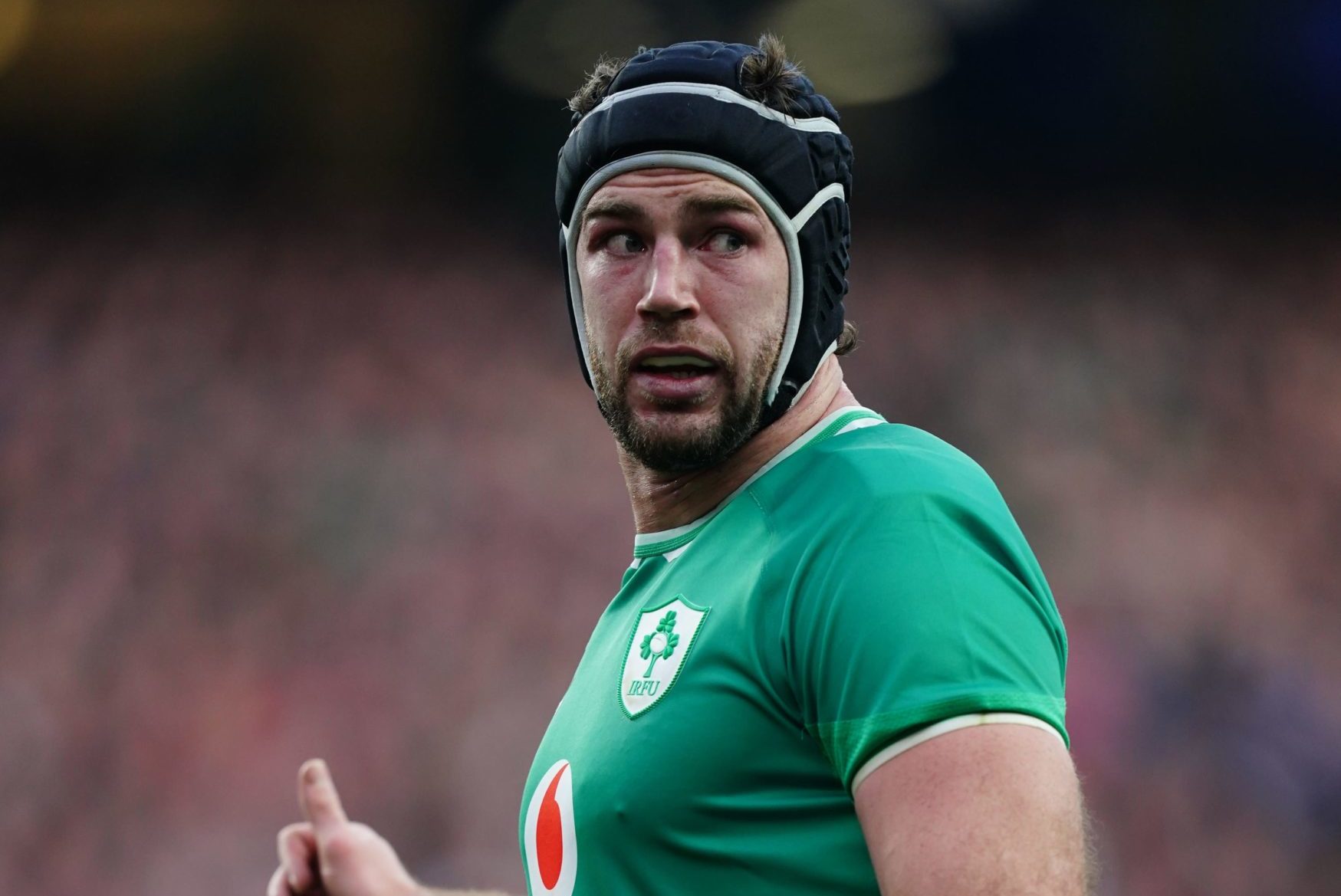
 Congratulations to Sarries on the totally expected win in last week’s Champions Cup final. They have made history and written the name of the club high on the list of most successful in the game and no matter what the future holds, which will probably be more titles, they have proved themselves to be among the greats in the European club game.
Congratulations to Sarries on the totally expected win in last week’s Champions Cup final. They have made history and written the name of the club high on the list of most successful in the game and no matter what the future holds, which will probably be more titles, they have proved themselves to be among the greats in the European club game.
Mark McCall must take most of the credit for the long-term success that is at last a signature of the Saracens club. It has to be said, earlier coaches were chosen more for their profile than proficiency but the selection of McCall changed that and the players have responded.
There is no doubt money plays a big part in getting the right players who bring experience or potential to a well-managed and coached squad, but there has to be a concern as to the sustainability of the club.
Saracens are a club who don’t have a ground capacity that enables them to break-even let alone make a profit. When the new stand is built at Allianz Park it will give the fans better facilities, but won’t provide many more seats. However, Sarries are experts at staging the ‘Big Game’ in other stadia although that hasn’t so far helped to improve their finances to a sustainable level.
Newcastle managing director Mick Hogan inferred in last week’s paper that all is well down south while the empires of the north crumble – but this proves that illusion is anything but true. Across the country there are many rugby clubs struggling to make ends meet and survive, particularly those who compete in leagues against clubs that somehow seem to have the money to pay players and coaches.
Northern clubs had an excuse for losing players to the south in amateur days, with wages higher generally in the south than those up north, but since professionalism that’s changed.
The wage cap is the same wherever your club is, so it follows that unless all the teams down south are breaking the wage cap whereas all the teams in the north are not, salaries should be more or less equal. This should give the north a distinct advantage when it comes to employing players as the cost of living in the north is far cheaper than down south.
If teams are failing it can only be because of poor management and coaching. When teams are managed well like Newcastle under Dean Richard, they are more than capable of holding their own.
The idea that franchises are a way to save northern rugby sounds pretty daft to me, simply because if there are people prepared to invest in a franchise in the north, they should be prepared to invest in a club.
The only way Hogan’s idea works is if you ring fence the professional leagues so that even if the northern franchises lose, they can’t be relegated.
His cheap jibe about wages offered at National, Championship and Premiership level in the south being frightening when compared to the north is unsubstantiated and most likely untrue.
I travel the country a lot speaking at many clubs, mainly up north for some reason, and there can be no doubt that not all clubs are equal. Some have a long history of people prepared to help fund their ambitions, some do not – but I would say that there are more northern clubs paying players at all levels than those down south.
The north has a longer tradition of paying players to play rugby and with a rival code for those good enough to chase the money, wages at the lower levels of the game are more likely to be higher where two employers are seeking the same players.
Where Hogan is right is the lack of exposure of the England team to the northern counties with the squad seldom venturing far from their southern base at Penny Hill Park.
While that didn’t matter when the north had strong county and divisional teams that were well supported, the decline of both have left the professional clubs as the only option for players.
With a reducing number of player spaces as clubs fail, those who wish to follow the dream of professional rugby will move where the opportunities are, whether in the south, north or abroad.
As I wrote a few weeks ago, the important thing is those supporting clubs have a long-term view and invest in a team to win the Premiership not just the league they are currently in, only then can they gain promotion and stay up. If the northern clubs want more professional representation in the higher leagues they have to invest wisely, not expect a ‘franchised ring fence’ just for them.
n Sad news that John Jeavons-Fellows died this week, a true rugby man who should take a very big slice of credit for England’s 2003 World Cup win.
It was he who took Jason Leonard at his word after the defeat by New Zealand in the 1995 RWC when Leonard, after facing the might of the All Blacks including Jonah Lomu said, ‘If we ever want to beat these b*****ds, we need to play them regularly.’
John, as the RFU rep on the IRBworked long and tirelessly and succeeded in arranging fixtures between England and all the SANZA nations every two years.
If the England players had carried on facing the All Blacks just once in their career lifetime, they would not have won the Cup. John, England Rugby owes you an unpayable debt.


United Rugby Championship
Vaea Fifita’s commanding presence has Scarlets pushing for URC play-off spot

British and Irish Lions
British and Irish Lions Watch: Caelan Doris confirmed to miss the tour with injury


























You must be logged in to post a comment Login